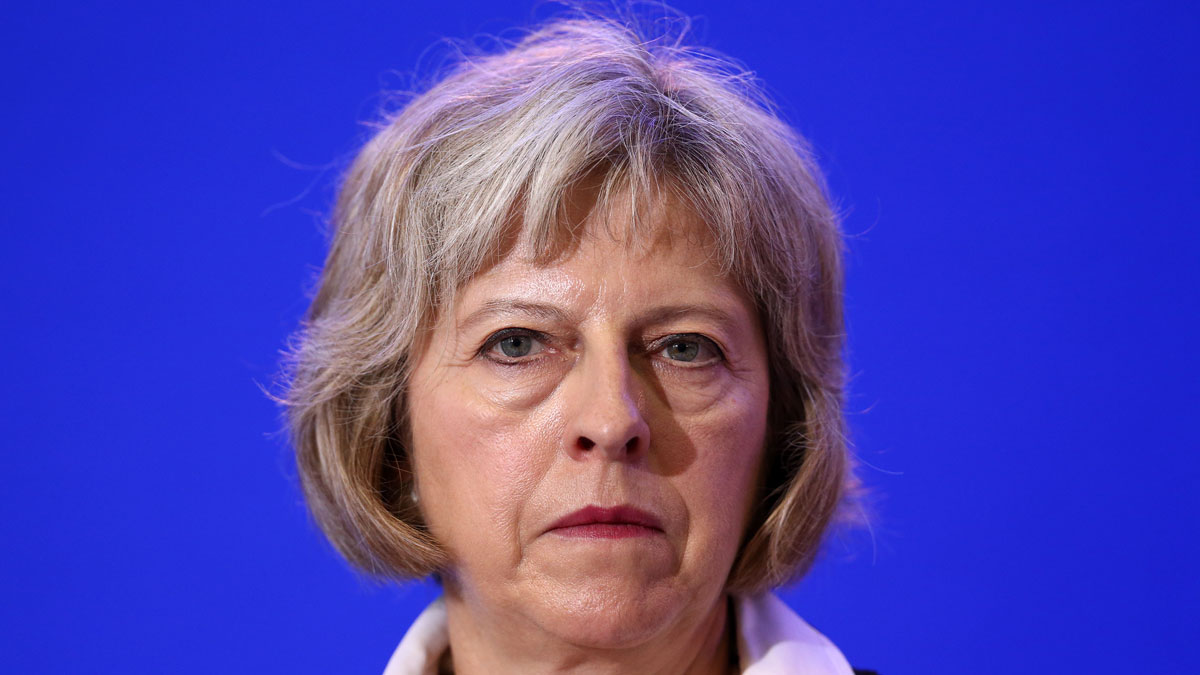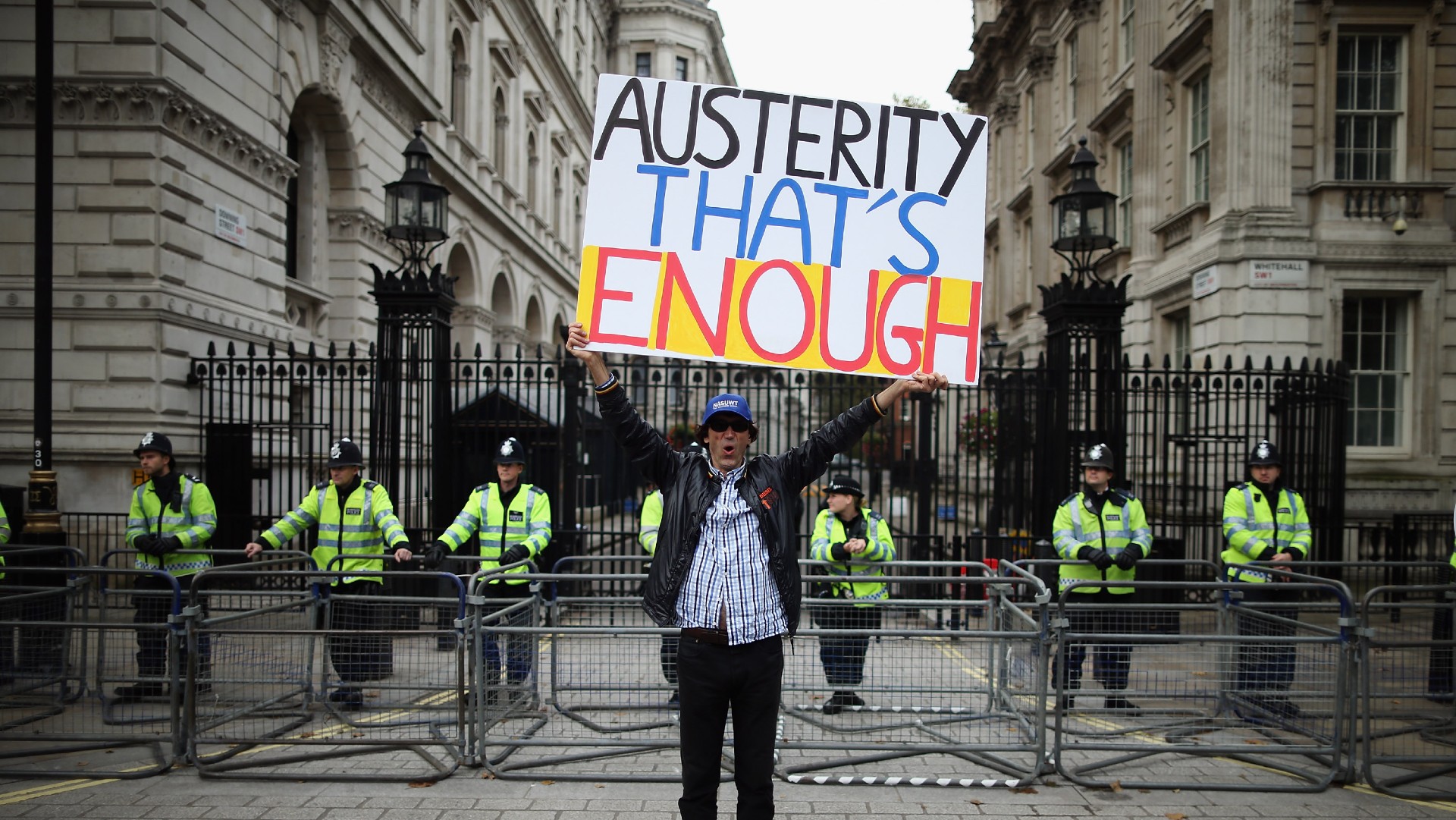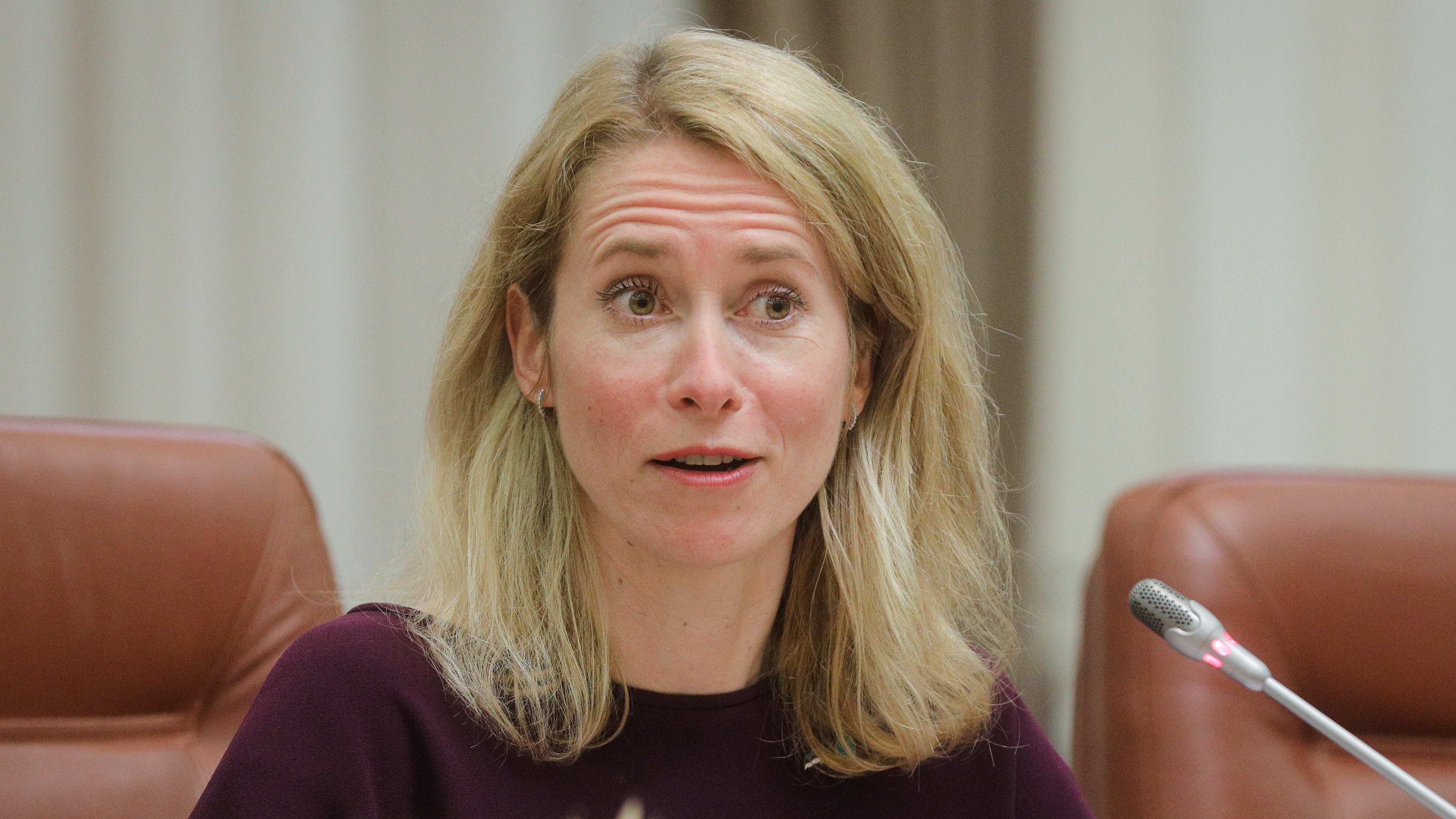MPs and businesses cross swords over record net migration
Politicians on all sides call for migration to be part of EU renegotiation as business leaders brand target "bizarre"

A free daily email with the biggest news stories of the day – and the best features from TheWeek.com
You are now subscribed
Your newsletter sign-up was successful
The number of foreigners in the UK rose at its fastest-ever rate in the year to March, with a surge in net migration pushing the figure to more than three times the Government's self-imposed target.
Latest official figures reveal 330,000 more people entered the UK than emigrated abroad over the 12 months, which The Times notes is around 100,000 more than in the year to March 2014 and 10,000 more than the previous high set in 2005, after the EU was significantly enlarged.
Some 636,000 people came to Britain during the period, with the increase driven by a record influx of 296,000 EU migrants including "an almost doubling in the number of Romanians and Bulgarians to 53,000". The overall number of overseas nationals living in Britain rose to 8.3 million, another record high.
The Week
Escape your echo chamber. Get the facts behind the news, plus analysis from multiple perspectives.

Sign up for The Week's Free Newsletters
From our morning news briefing to a weekly Good News Newsletter, get the best of The Week delivered directly to your inbox.
From our morning news briefing to a weekly Good News Newsletter, get the best of The Week delivered directly to your inbox.
The number of non-EU migrants is in decline but remains above the number coming from within Europe. This is despite a pledge from the PM, which the Financial Times says has been criticised by businesses, to "make it harder for non-EU businesses to recruit skilled workers".
Highlighting the economic dilemma for David Cameron and Home Secretary Theresa May, who have set a net migration target of below 100,000, the figures reveal that migrants accounted for three-quarters of the rise in employment over the past year, with 300,000 of those coming to the UK doing so to work. Businesses argue the way targets are set must be revised to allow them to hire the best talent, while others counter that migration must be more stringently controlled to protect British jobs.
Simon Walker, director-general of the Institute of Directors, told the FT that by "announcing policies on the hoof every time new figures come out", the Government betrayed "its lack of a long-term plan on migration". He added that "scrabbling around" to hit a "bizarre and unachievable migration target is no way to give British businesses the stable environment they need".
Ryan Shorthouse, director of liberal conservatism think-tank Bright Blue, told The Guardian the Government "needs to develop a strong record of competence on managing our immigration system", which would mean establishing "new, deliverable targets… such as on non-EU gross migration rather than overall net migration".
A free daily email with the biggest news stories of the day – and the best features from TheWeek.com
Both Frank Field, the Labour MP, who is chair of the Commons work and pensions committee and co-chair of the cross-party group on balanced migration, and Ukip leader Nigel Farage, who is seeking to head the 'No' campaign in the upcoming EU referendum, said the data should prompt the prime minister to make migration the key theme of his renegotiation with Europe. EU leaders have previously dismissed any prospect of revising 'free movement' rules to accommodate the UK.
Immigration Minister James Brokenshire told the BBC the "stark figures are deeply disappointing" and should "act as a further wake-up call for the EU". He added migration across Europe is "on a scale we haven't seen since the end of World War Two", which he said is "not sustainable and risks the future economic development of other EU member states".
Madeleine Sumption, director of Oxford University's Migration Observatory, told the Daily Telegraph that "reducing net migration to below 100,000 remains a distant prospect", but that the return of migration figures last seen in the mid-2000s was "subjective".
"The UK remains a major destination for international migrants, in part due to its flexible labour market and attractive higher education sector. But it is by no means an outlier... people born abroad make up a similar share of the population in other EU countries like Germany, Spain and Sweden."
Number of foreigners in Britain 'reaches 8m' for the first time
26 August
Britain's foreign-born population has "almost certainly" exceeded eight million for the first time, experts believe.
The migration observatory at the University of Oxford says population figures due to be published on Thursday are likely to reveal the landmark was reached last year, the Daily Telegraph reports.
It comes as the government is preparing for data that is expected to show levels of net migration have increased again, despite the Tories' repeated pledge to cut it to the tens of thousands.
"Given that we know net migration has been running in the hundreds of thousands since 2013, it would be surprising if the foreign-born population didn't go above eight million," said the observatory's director Madeleine Sumption.
Despite the rise, the report suggests that the rate of increase in the foreign-born population has slowed in recent years.
This week's figures will be published against the backdrop of an ever-worsening refugee crisis in Europe, with Britain coming under increasing pressure to respond to the humanitarian disaster.
European Commission President Jean-Claude Juncker has condemned European leaders and populations for failing to uphold European values.
"Setting fire to refugee camps, pushing back boats from piers, physical violence inflicted upon asylum seekers or turning a blind eye to poor and helpless people: that is not Europe," he writes in an essay for the website New Europe.
Matthew Norman from The Independent accuses Prime Minister David Cameron of yielding to "the nastier instincts" of his electorate by promising to lock up illegal immigrants and referring to refugees fleeing war and persecution as "swarms".
The Conservatives’ approach to the refugee crisis has been "unremittingly hostile", with ministers increasingly keen to turn their backs on the crisis in their backyard, agrees The Guardian.
"Fence-building in Hungary, razor wire in Calais, prison in the UK: none of these are real solutions to either the economic or political challenges of this era of mass migration," says its editorial. "Nor are they any sort of adequate response to the moral imperative of offering shelter to those seeking asylum."
-
 Quiz of The Week: 14 – 20 February
Quiz of The Week: 14 – 20 FebruaryQuiz Have you been paying attention to The Week’s news?
-
 The Week Unwrapped: Do the Freemasons have too much sway in the police force?
The Week Unwrapped: Do the Freemasons have too much sway in the police force?Podcast Plus, what does the growing popularity of prediction markets mean for the future? And why are UK film and TV workers struggling?
-
 Properties of the week: pretty thatched cottages
Properties of the week: pretty thatched cottagesThe Week Recommends Featuring homes in West Sussex, Dorset and Suffolk
-
 Can the UK avoid the Trump tariff bombshell?
Can the UK avoid the Trump tariff bombshell?Today's Big Question President says UK is 'way out of line' but it may still escape worst of US trade levies
-
 Five years on, can Labour's reset fix Brexit?
Five years on, can Labour's reset fix Brexit?Today's Big Question Keir Starmer's revised deal could end up a 'messy' compromise that 'fails to satisfy anyone'
-
 Why au pairs might become a thing of the past
Why au pairs might become a thing of the pastUnder The Radar Brexit and wage ruling are threatening the 'mutually beneficial arrangement'
-
 Brexit: where we are four years on
Brexit: where we are four years onThe Explainer Questions around immigration, trade and Northern Ireland remain as 'divisive as ever'
-
 Is it time for Britons to accept they are poorer?
Is it time for Britons to accept they are poorer?Today's Big Question Remark from Bank of England’s Huw Pill condemned as ‘tin-eared’
-
 Is Brexit to blame for the current financial crisis?
Is Brexit to blame for the current financial crisis?Talking Point Some economists say leaving the EU is behind Britain’s worsening finances but others question the data
-
 Do Tory tax cuts herald return of austerity?
Do Tory tax cuts herald return of austerity?Today's Big Question Chancellor U-turns on scrapping top rate tax but urges ministers to make public spending cuts
-
 How Brexit handed a ‘financial boon’ to former Soviet state Estonia
How Brexit handed a ‘financial boon’ to former Soviet state EstoniaIn Depth Around 4,000 companies have set up shop in member state since UK left EU, prime minister says